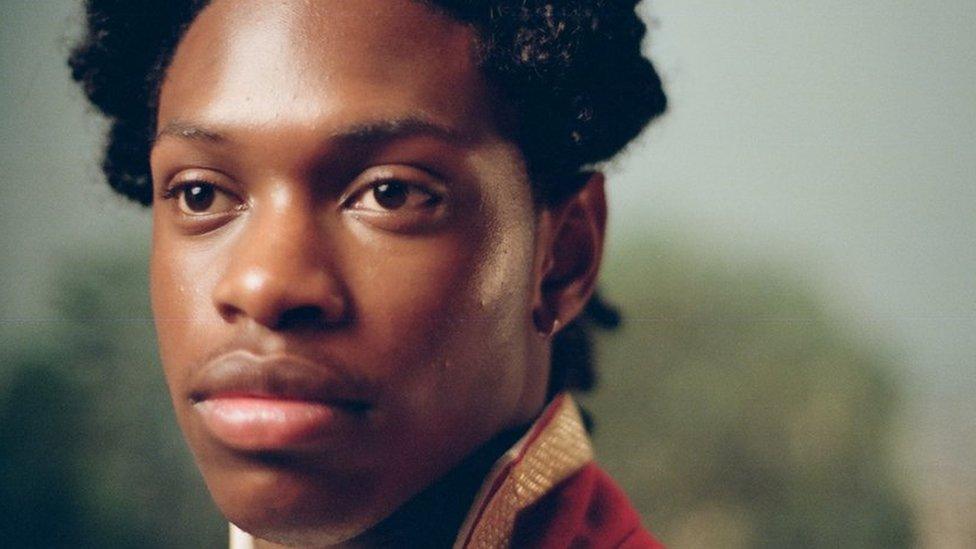How Black History month is celebrated around the world
- Published
What's it like being young, black and British?
October is Black History Month in the UK, an event that has been celebrated nationwide for more than 30 years.
It was originally founded to recognise the contributions that people of African and Caribbean backgrounds have made to the UK over many generations.
Now, Black History Month has expanded to include the history of not just African and Caribbean people but all black people.
"In years gone by, October has been the only time of year when the UK talks about the achievements of black people in Britain," says Catherine Ross, a guest editor of Black History Month.
"Hopefully, this will be a catalyst for black history to be shared much more widely - in museums, galleries, schools, universities, public spaces and communities."
How do you plan to mark Black History Month? You can let us know your ideas in the comments.
Who started Black History Month and why is it important?
WATCH: Why is Black History Month important?
Carter G. Woodson was a ground breaking historian in the US who recognised there was a lack of information about the achievements of black people in America.
In 1915 he set up a society to study exactly that, which is why he is known as "The father of Black history".
Black History Month wasn't adopted in the UK though until many years later in 1987 at the same time as the 150th anniversary of when slavery was abolished in the Caribbean.
Black History Month was launched in London by a man from Ghana called Akyaaba Addai-Sebo.
He came to the UK in 1984 as a refugee and, like Woodson, his aim was for the local community to challenge racism and educate themselves and others about the British history of black people that was not taught in schools.
Black History Month: Black Britons who paved the way
Black people have been in Britain for a lot longer than previously thought - one of the oldest skeletons ever found was that of the Cheddar Man who had dark skin.
Archaeologists, people who study human history by digging up sites looking at bones and ancient objects, think the skeleton dates back to the Stone Age.
Throughout history, black people have always been present in the UK but there has been a lack of representation in history books.
In paintings of Henry VIII you can see black people in the background.
Queen Victoria even had a black goddaughter whose mother was a Nigerian Princess called Omoba. She was given to the Queen when her parents died after being captured by slave traders. Her name was changed to Sarah Forbes-Bonetta.
Many people think it's important to remember the forgotten people who have helped to shape the UK.
WATCH: 'My ancestor was a slave'
Is Black History Month celebrated around the world?
It is mainly marked in the US where it started and the UK as well as in Canada, Germany and Ireland.
In 1990 Germany was the second European country to officially recognise Black History Month, with Ireland joining in 2010.
In the Netherlands it is known as Black Achievement Month. Other countries hold events and celebrations but might not do this on an official basis.
How is Black History Month celebrated in the UK?
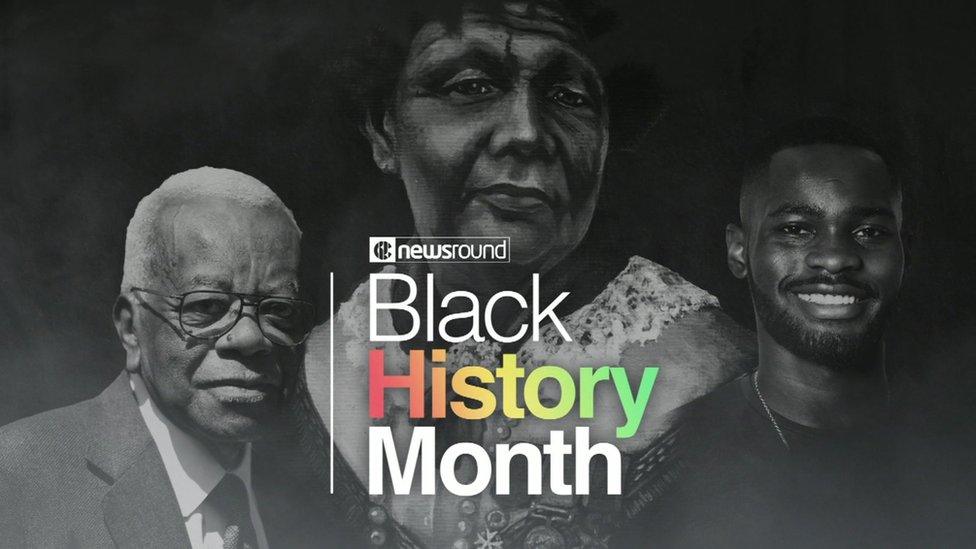
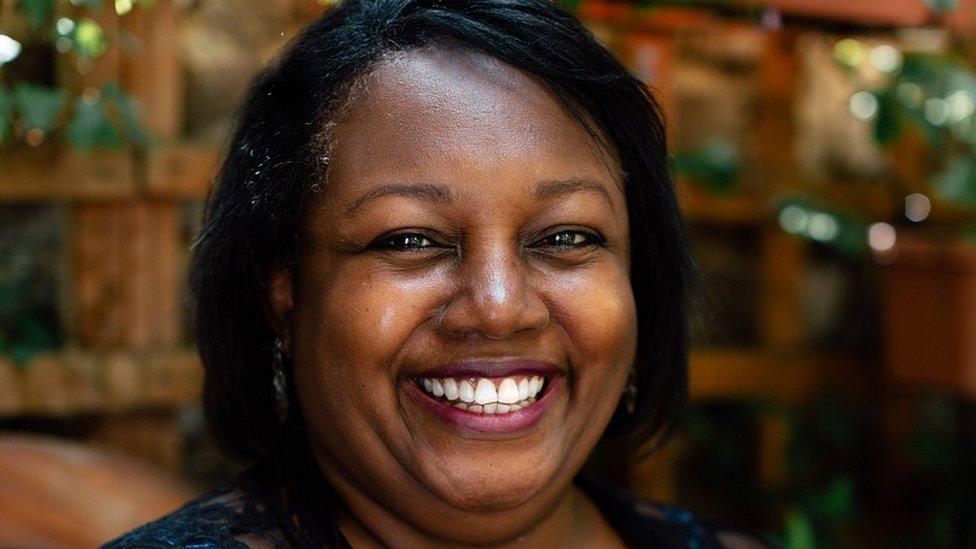
Malorie Blackman says schools should have to teach "the whole truth" about the British Empire, and not "cherry-pick" the best bits
However, children's author Malorie Blackman has called for schools to teach black history all year round - not only during Black History Month.
If you are interested in reading more books by black authors and about racial inequality, BBC Bitesize has this handy guide.
- Published22 August 2019
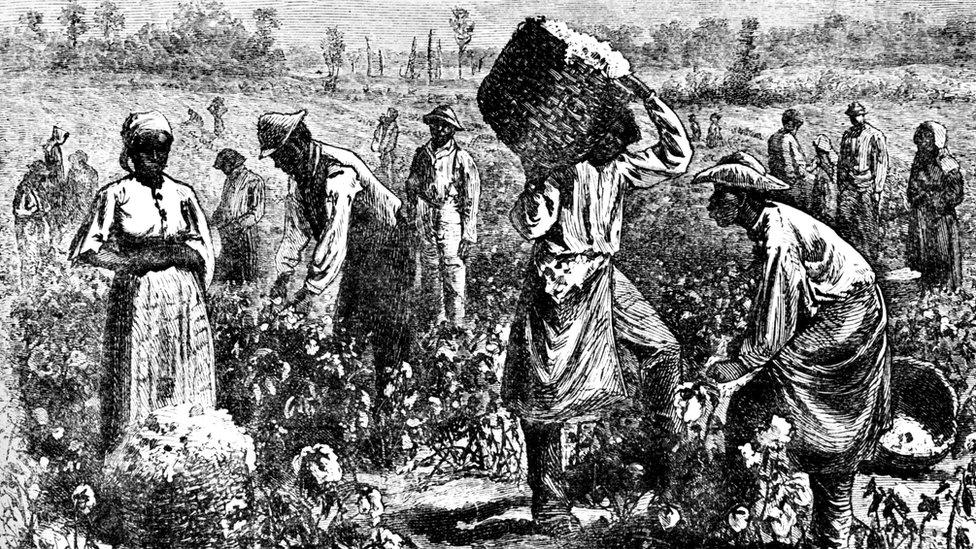
- Published17 June 2020
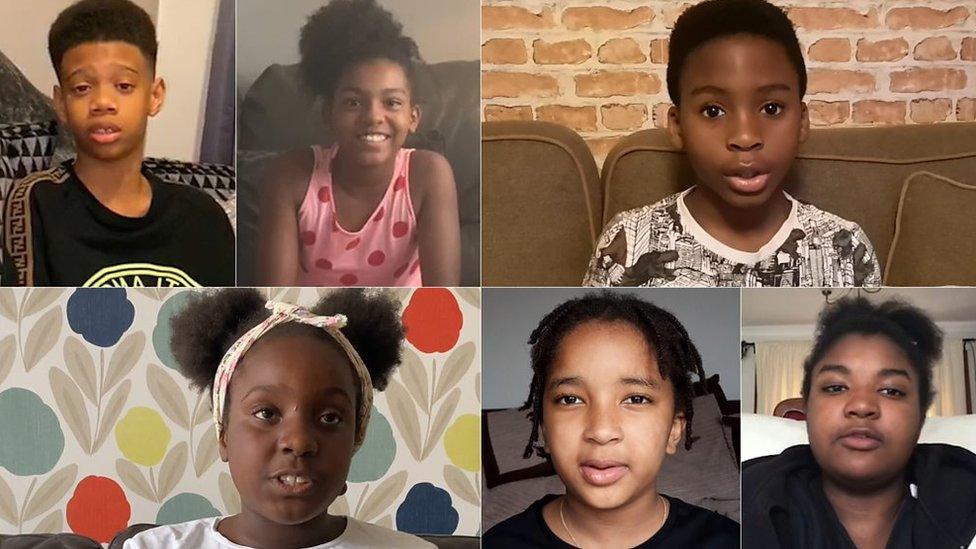
- Published28 September 2023
